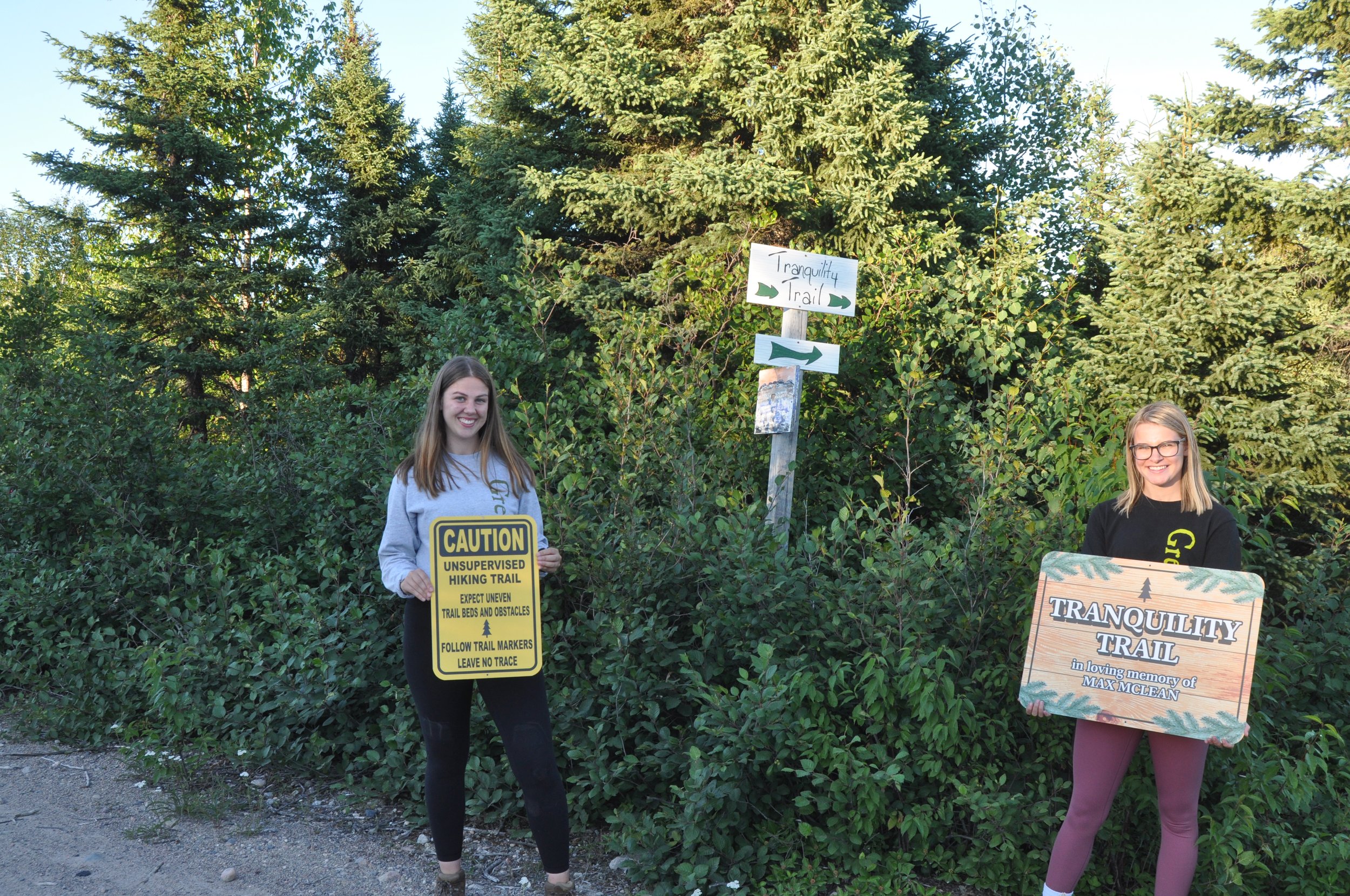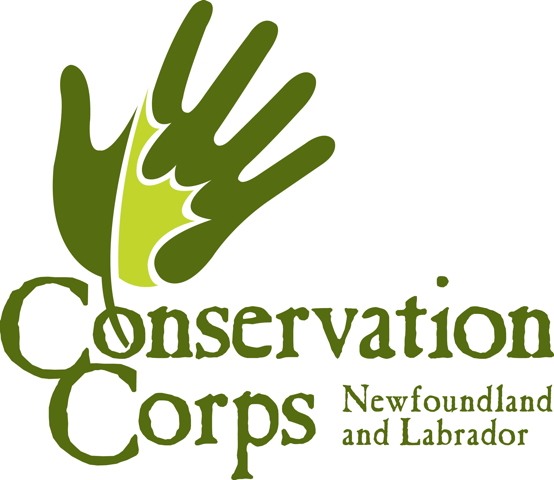
Municipal Climate Sustainability
About the Project
CCNL’s Rural Asset Management in a Changing Climate (RAMCC) Project is a holistic, innovative approach to combine traditional asset management with climate change initiatives for small and rural communities in Newfoundland and Labrador. We are working to improve the health and sustainability of municipal infrastructure from a financial, social, and environmental perspective, while incorporating the challenges that climate change will bring to our communities.
Looking Forward
The RAMCC Project will enable our partner communities to apply climate change adaptation and mitigation measures when prioritizing and planning for new infrastructure projects, renewal and replacement of existing infrastructure, and municipal service delivery.
Interested in learning more about climate change assessment for your municipality? Connect with us by emailing Megan Stuckless, Programs Manager.
Focus Areas
-

Increasing ocean temperatures in the North are a major cause of severe weather events with heavy rainfall.
-

Increased precipitation can cause weathering of landforms and sudden collapse of slopes of cliffs, river banks, hills, etc. Due to the geography and history of Newfoundland and Labrador, many communities are built in bays or valleys, which puts them at risk of sudden surrounding slope collapse during extended heavy rainfall events.
-

Climate change can also affect municipalities drinking water sources. Increased flooding and storm runoff, rising temperatures and sea level rise all pose risks to drinking water. Flooding and storm water can cause organic matter or potential contaminants to enter drinking water sources, while rising temperatures can lead to an increase in waterborne bacteria. Rising sea levels put groundwater sources at risk of saltwater intrusion.
-

Wildfire is defined as a large, destructive fire that spreads quickly over woodland or brush. As climate change causes drier and hotter summers, we will see an increase in the chances of wildfire activity due to drier forests.
The main cause of wildfires in Newfoundland is human activity, but with drier forests these fires will become much larger and harder to control than they have in the past. Lightning storms are very common in Labrador, and are a huge contributing factor to the number of wildfires there.
-

Winter temperatures in Newfoundland and Labrador have been increasing. This is creating an increase in the frequency of ice storms, rain events, freeze-thaw patterns, heavy snowfall events, and an earlier spring thaw throughout all areas of the province.
-

Many communities in Newfoundland and Labrador are located near the coast, which could be vulnerable to rising sea levels and increased frequency of serious storms. This could cause increased erosion of a number of coastal environments.
Resources
Hyperlinked resources and guides to help your municipality prepare for a changing climate.
-
New Brunswick Permeable Parking Spot
2018 Humber Arm South Flooding
Western NL State of Emergency due to Flooding 2018
Preservation and Protection Tools
Urban Flood Risk Reduction by Increasing Green Areas For Adaptation to Climate Change
Winter Performance Assessment of Permeable Pavements
Effective Adaptation to Rising Flood Risk
-
-
Municipal Climate Sustainability Project 2020-2021
Together with the municipalities of Brigus, Clarke’s Beach, Cupids and South River, we held 12 virtual climate change workshops over the course of five months. Half of these workshops were dedicated to gaining knowledge from Town Council members and the public, while the other half were focused on the expertise of Town Staff.
Our goal was to collect information on how changing climate and weather conditions have affected these municipalities, and how they might impact them in the future. We learned that issues around drinking water, flooding and coastal hazards are residents’ top concerns. This information is being compiled into reports for each municipality.
The RAMCC Project is financially supported by the Federation of Canadian Municipalities and the Government of Canada.


